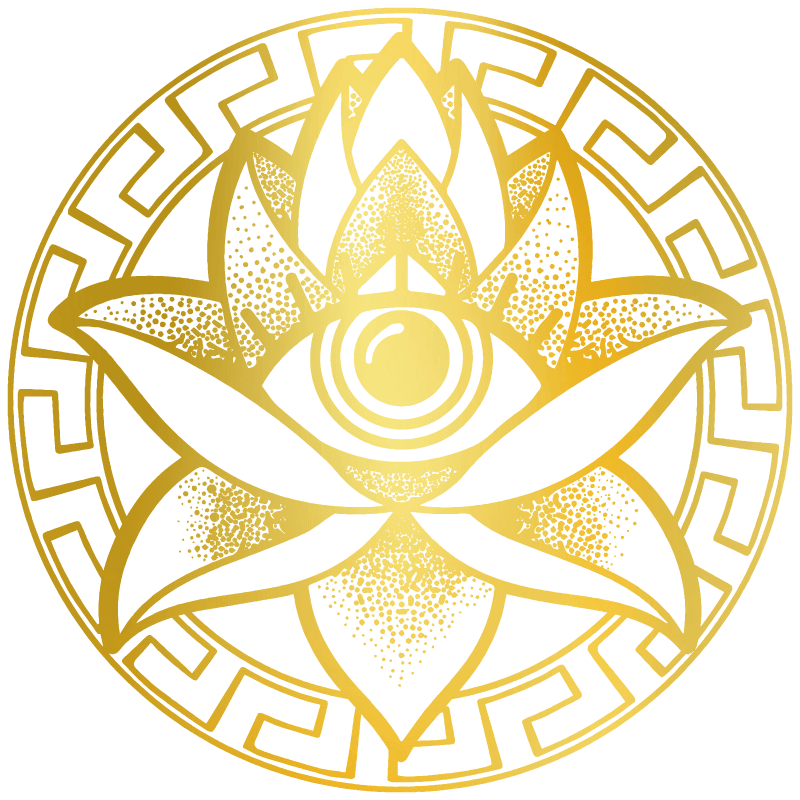Blue lotus (Nymphaea caerulea), also known as the Egyptian blue water lily, has been revered for centuries as a sacred plant with psychoactive, spiritual, and medicinal properties. Traditionally used in Ancient Egypt and other cultures, it is often associated with relaxation, mood enhancement, and sexual vitality. Modern interest in blue lotus focuses on its unique alkaloids—apomorphine and nuciferine—which influence mood, arousal, and consciousness.
A growing question in wellness and botanical research is whether blue lotus affects men and women differently. This article explores the gender-specific impacts of blue lotus, considering hormonal variations, sexual wellness, psychological effects, and cultural interpretations.
Understanding Blue Lotus and Its Active Compounds
Key Alkaloids and Their Actions
-
Apomorphine: A dopamine receptor agonist, known for inducing mild euphoria, relaxation, and sometimes aphrodisiac effects.
-
Nuciferine: Contributes to calming, dream-enhancing, and meditative states.
These compounds interact with neurotransmitter pathways, influencing dopamine, serotonin, and hormonal balance, which can affect men and women in unique ways.
Traditional Uses Across Cultures
-
Ancient Egypt: Symbol of rebirth, sexuality, and divine connection.
-
Ayurveda & Traditional Medicine: Used as a natural sedative and aphrodisiac.
-
Modern Practices: Consumed as tea, tincture, wine infusion, or smoke to support relaxation and enhance intimacy.
Blue Lotus and Men: Effects and Benefits
Support for Male Sexual Vitality
Men often report that blue lotus enhances libido and stamina. Apomorphine’s role in stimulating dopamine receptors can promote sexual desire and increase blood flow, which is essential for erectile function. While not as strong as pharmaceutical options, blue lotus may naturally support men with mild erectile difficulties.
Mood and Stress Regulation
Blue lotus may help men cope with performance anxiety and stress-related tension. Its sedative properties reduce nervousness, which can indirectly improve both intimacy and overall well-being.
Dream Enhancement and Masculine Archetypes
Some men experience lucid dreams and heightened creativity after using blue lotus, aligning with archetypal masculine exploration of the subconscious. These effects are often valued by men in spiritual or shamanic practices.
Blue Lotus and Women: Effects and Benefits
Hormonal Balance and Relaxation
For women, blue lotus may have a more hormone-sensitive impact, particularly during menstrual cycles or menopause. Its soothing qualities can ease PMS symptoms, mood swings, and cramping by reducing stress hormones and supporting a sense of balance.
Feminine Sexual Energy and Intimacy
Many women describe blue lotus as enhancing sensitivity, arousal, and sensual awareness. The plant is often associated with feminine energy, intuition, and receptivity, making it a powerful tool for deepening connection during intimacy.
Emotional Healing and Dream Work
Women frequently report stronger emotional release and dream intensity with blue lotus. These dream-like states can support emotional processing, creative inspiration, and spiritual exploration aligned with feminine archetypes.
Comparing Effects: Men vs. Women
Similarities Across Genders
-
Both men and women experience relaxation, mood enhancement, and dream vividness.
-
Both may benefit from stress reduction, emotional release, and heightened intimacy.
Differences in Effects
-
Men: Stronger influence on sexual stamina, performance, and relaxation of performance anxiety.
-
Women: More pronounced impact on emotional balance, hormonal comfort, and heightened sensitivity in intimacy.
Psychological and Cultural Layers
Gendered experiences may also be influenced by cultural associations—men identifying with vitality and strength, women with nurturing and intuition. Thus, part of the difference lies not only in biology but also in symbolism and intention of use.
Scientific Research on Gender-Specific Effects
Current Limitations
There is limited clinical data on blue lotus’s gender-specific effects. Most evidence comes from historical use, anecdotal reports, and early pharmacological studies of apomorphine and nuciferine.
Potential Research Directions
-
Sexual wellness studies: Examining libido and arousal in men vs. women.
-
Hormonal studies: Investigating impacts during menstrual cycles, pregnancy, or menopause.
-
Neuropsychological studies: Assessing gender-based differences in mood, dreams, and emotional processing.
How to Use Blue Lotus Safely
Common Methods of Consumption
-
Tea or Infusion: Gentle, relaxing, and traditional.
-
Wine Soak: Enhances aphrodisiac qualities.
-
Tincture: Stronger, fast-acting effects.
-
Smoking or Vaporizing: Intensifies mood elevation and dream clarity.
Dosage and Precautions
-
Always begin with low doses to test sensitivity.
-
Avoid mixing with strong sedatives, alcohol, or prescription medications.
-
Pregnant or breastfeeding women should avoid use due to lack of safety data.
Blue Lotus in Modern Intimacy and Wellness Practices
Couple Rituals and Bonding
Blue lotus is increasingly popular in tantric practices and couple rituals, enhancing emotional connection, sensuality, and vulnerability.
Meditation and Dream Work
Both men and women use blue lotus in meditative or shamanic settings, aiming for spiritual insight, emotional cleansing, and conscious dreaming.
A Natural Alternative for Stress and Wellness
For those seeking a plant-based alternative to pharmaceuticals, blue lotus offers a gentle way to manage stress, support intimacy, and explore consciousness.
Conclusion: Gender-Specific Experiences with Blue Lotus
While both men and women benefit from blue lotus, their experiences often differ in emphasis:
-
Men: More focused on sexual stamina, stress relief, and subconscious exploration.
-
Women: More attuned to emotional healing, hormonal comfort, and sensual awareness.
The distinction lies in how biological, psychological, and cultural factors shape each individual’s relationship with this sacred flower. As interest in natural remedies and plant-based wellness grows, blue lotus stands out as a timeless ally for both men and women—enhancing intimacy, relaxation, and spiritual connection.
FAQs
1. Does blue lotus affect men and women differently?
Yes, while both genders experience relaxation and mood enhancement, men often notice improved sexual stamina and stress relief, whereas women may experience enhanced sensitivity, emotional balance, and hormonal comfort.
2. Is blue lotus safe for women during pregnancy or breastfeeding?
No. Due to limited scientific research and safety data, women who are pregnant or breastfeeding should avoid blue lotus.
3. Can blue lotus improve intimacy for couples?
Yes, blue lotus is commonly used in couple rituals and tantric practices. It can enhance emotional connection, arousal, and sensual awareness for both partners.
4. What is the best way to consume blue lotus for relaxation?
Drinking it as a tea or infusion is the most common method for gentle relaxation. Stronger effects may be experienced through tinctures or smoking, but dosage should always be monitored carefully.
5. Are there any side effects of using blue lotus?
Most people tolerate it well in small amounts, but high doses may cause dizziness, nausea, or excessive sedation. It should not be mixed with alcohol or sedatives.

